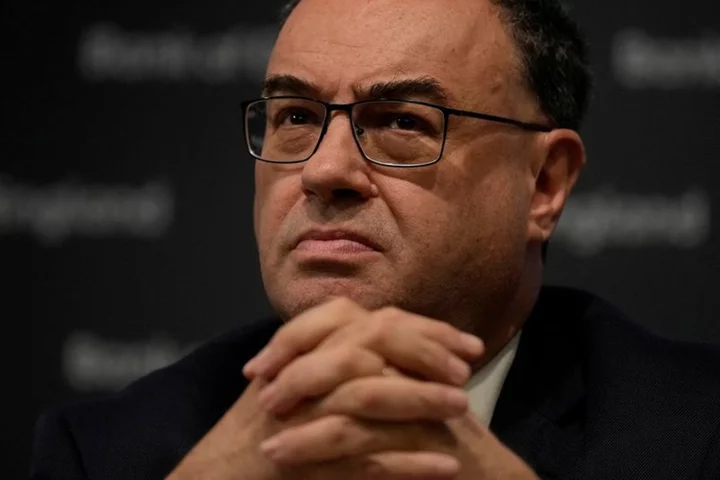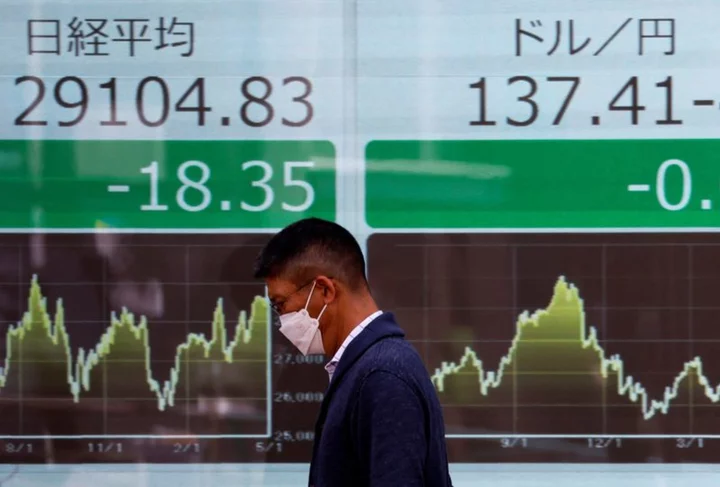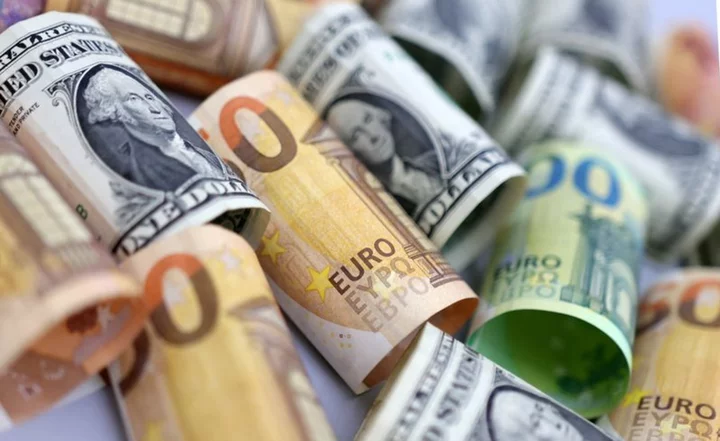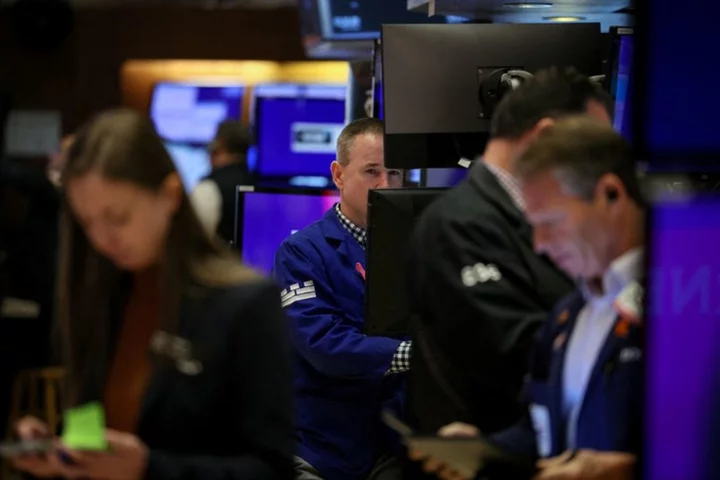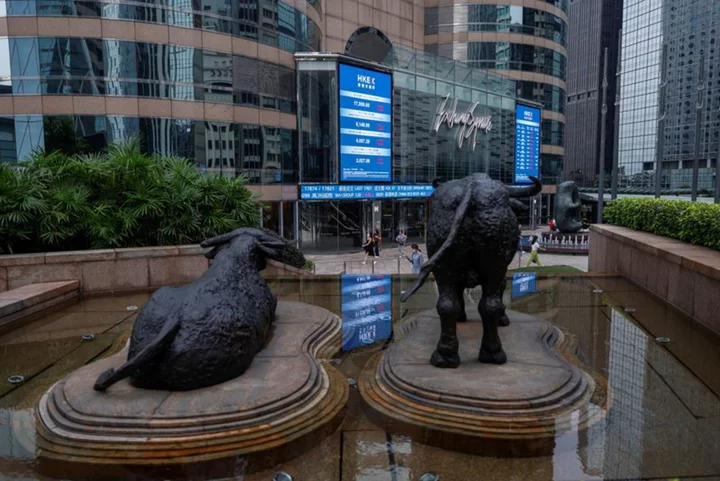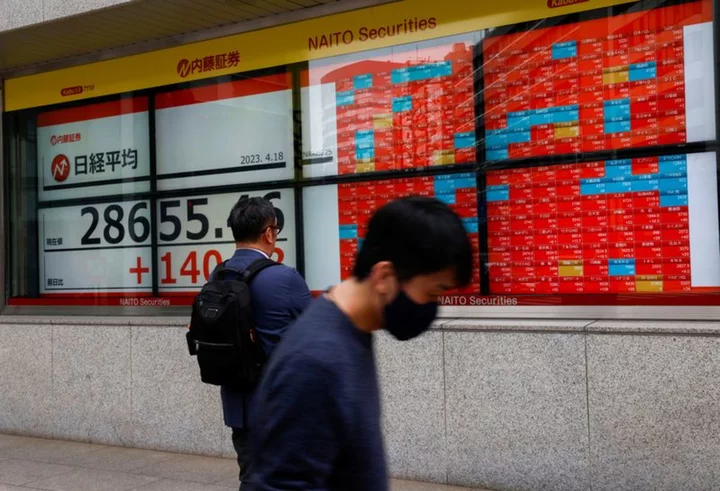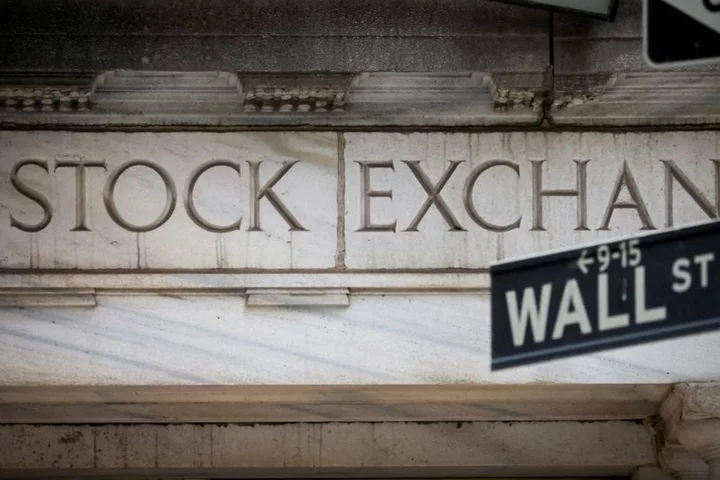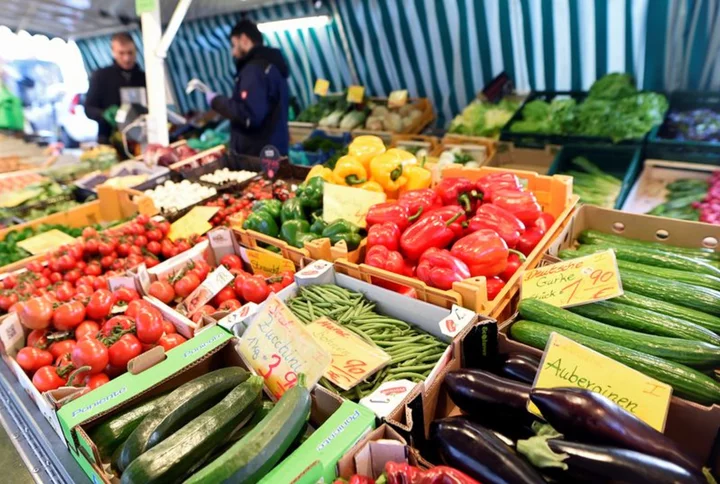By Amanda Cooper and Yoruk Bahceli
LONDON/AMSTERDAM The Bank of England's modest rate hike on Thursday soothed politicians' angst over runaway borrowing costs while its pledge to deliver more if needed signalled to markets that it won't let up on inflation, but there was little comfort for the pound.
After lifting rates by 50 basis points in June, the BoE reverted to a 25 bp hike, to 5.25%, and said high inflation meant rates would remain elevated for some time, a decision that Insight Investment fixed income specialist Andy Burgess said had "something for everyone".
While BoE Governor Andrew Bailey stressed the central bank will stick to its guns, even though the economy looks set to grow only minimally in coming years, the BoE for the first time called its current monetary policy stance "restrictive".
Some investors took that as a sign the tightening cycle may be nearing an end, although the bank also said it would ensure rates are "restrictive for sufficiently long to return inflation to the 2% target".
Sterling initially dropped, reflecting disappointment after traders had priced in a 30% chance of another 50 bp hike. Longer-term gilt yields, more responsive to investors' perceptions about the economic growth trajectory, rose by the most in a month.
The pound fell as far as $1.26200, down 0.8%. It has lost practically all of July's gains that had taken it to a 15-month high against the dollar.
"We think we've passed the point where tighter monetary policy is supportive for the pound," said Josefine Urban, fund manager at LGIM, noting the BoE's reference to "restrictive" rates.
"That implies persistent downward pressure on the growth and employment outlook, which is unlikely to be good for sterling," she said.
Money markets show traders' expectations of where UK rates will likely peak have shifted dramatically lower in the past couple of weeks, something Bailey's hawkish message that now was not the time to declare "it's all over" failed to alter.
SCALING A LOWER PEAK
Interest rate futures show traders believe the BoE's key interest rate could peak below 5.7% by March - only a small change from expectations in the run-up to Thursday's meeting but down from above 6% just three weeks ago.
The BoE's biggest headache is the stubbornly slow drop in UK inflation, as price pressure seeps into virtually every area of the economy, from energy prices and groceries to wages and the service sector.
Meanwhile, a recession has been only narrowly avoided this year, in large part because the full impact of more than 500 basis points of rate hikes has yet to be felt by many consumers, with popular fixed-term deals slowing the feed-through to mortgage rates.
UK finance minister Jeremy Hunt, whose ruling Conservative party has vowed to halve inflation by year-end, repeated his message that inflation was set to fall further and sounded relieved that the BoE's forecasts were for economic growth, even if marginal.
"If we stick to the plan, the Bank forecasts inflation will be below 3% in a year's time without the economy falling into a recession," he said after the BoE's announcement.
Consumer inflation is still the highest among rich economies at 7.9%, albeit down from October's 41-year high of 11.1%.
Some investors said the 25 bp hike was a missed opportunity to send a strong signal to those who have criticised the BoE's resolve to fight inflation.
"Inflation's ...still... way off target. So are they satisfied with that, especially after the criticism they received for being so far behind the curve earlier in the year?" said Carl Shepherd, fixed income portfolio manager at Newton Investment Management, adding that a bigger hike could have prompted more of a market rally.
"If the next CPI figure ticks up again, they'll be absolutely panned for not doing the 50 bp rate rise."
Until this week, the pound was the year's best performing G10 currency against the dollar. Now it is in second place, up around 4% and lagging the Swiss franc's 4.5% gain.
One of the key drivers for sterling has been rising gilt yields, which can act as a magnet for non-UK investors seeking juicier returns in exchange for relatively low risk.
Two-year gilt yields have risen by more than 120 basis points this year, more than double the increase of their U.S. equivalent.
On Thursday, two-year gilt yields were down 5 bps in late trade, while those on 30-year debt rose 10 bps, the most in a month, to 4.66%.
While also driven by a sell-off in the U.S. government bond market, this dynamic, known as curve-steepening, shows investors are buying into the idea of a slowing economy and rate hikes nearing an end rather than rising interest rates boosting the pound.
"The market will have to increasingly focus on how long rates will remain restrictive as opposed to forever seemingly chasing that elusive terminal rate," said Peter Goves, head of developed market debt sovereign research at MFS Investment Management.
(Editing by Kirsten Donovan)

